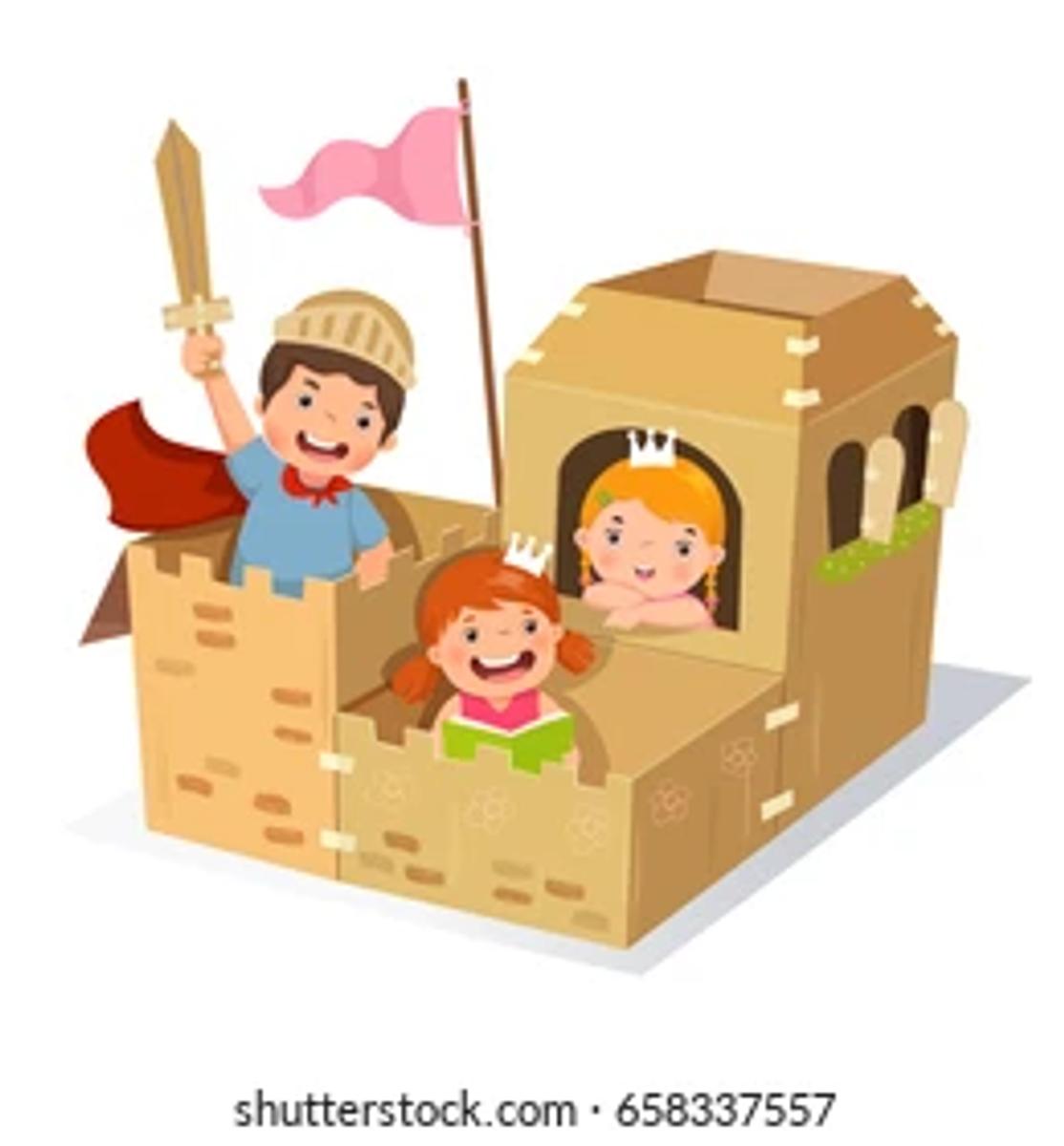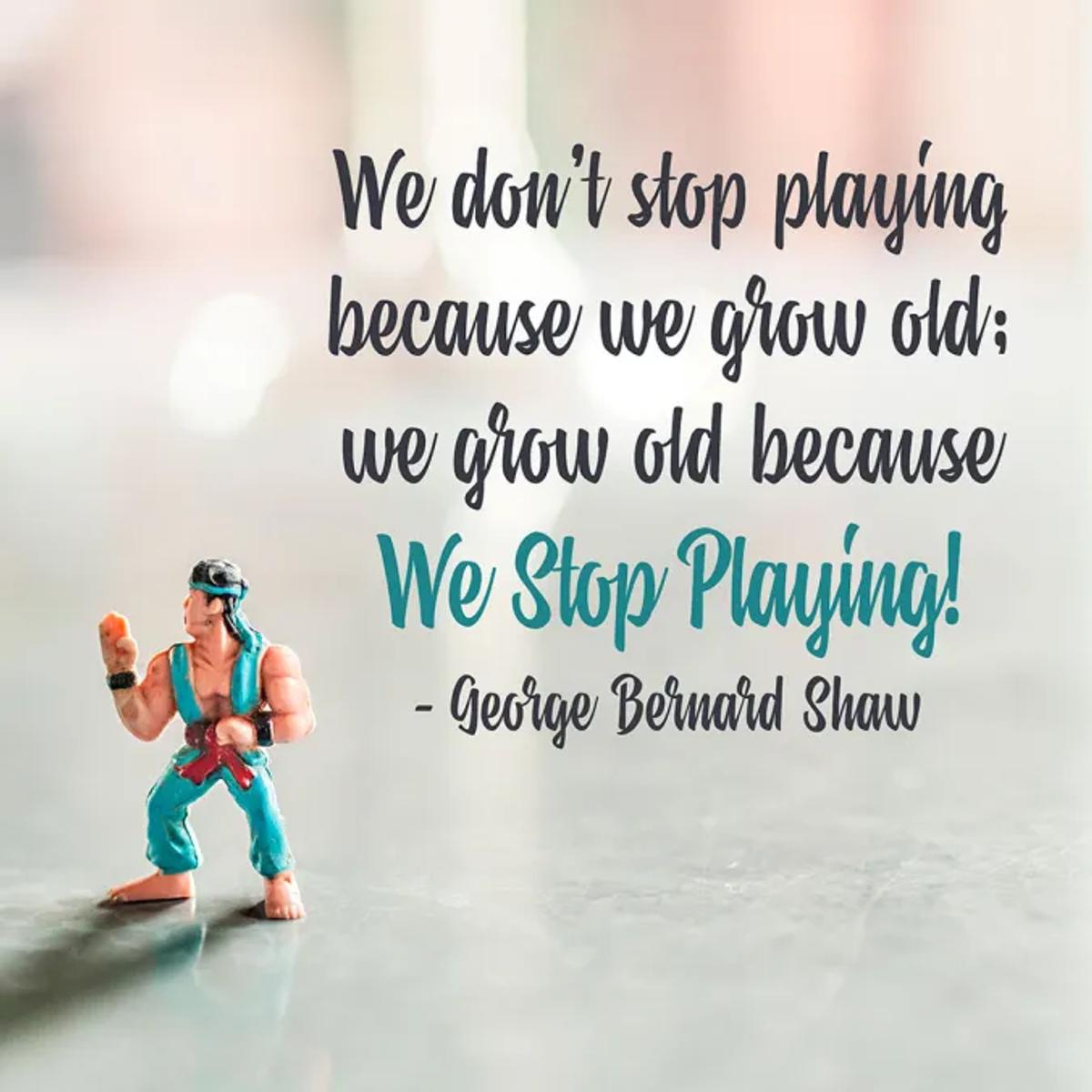Learning &
Teaching
Susanne Jackson
Deputy Principal- Learning & Teaching

Learning &
Teaching
Susanne Jackson
Deputy Principal- Learning & Teaching


Once a child turns four, you can start developing their phonological awareness and letter knowledge, but the main priority before this should be lots of pretend play and social interaction, to develop children’s oral language, thinking and social-emotional skills. So get down to their level, follow their lead, and play and talk a lot with young children.
Play isn’t just leisure for children, it’s vital for their social-emotional, language and later literacy skill development. Pretend play, which develops from about age 18 months, involves acting out scenarios a child has seen others do, and requires a sense of one’s own thoughts and feelings (intrapersonal theory of mind). In the kind of pretend play known as symbolic play, children pretend something is something else (e.g. use a banana as a phone), play with absent objects or attributes (e.g. pour pretend tea, and tell you to be careful, because it’s hot), and use toys as agents (e.g. have a doll serve some cakes).
Play develops in predictable ways and interacts with a child’s language development and ability to use language for social interaction. These skills all develop abilities that will later be important for literacy, e.g. being able to think about the thoughts and feelings of characters in stories, link themes, imagine scenes and organise ideas logically.


Learning phonemic awareness and letters is important, but developing children’s play and language is the best way to set them up for literacy success, and continues to matter well into the school years, and arguably beyond. So continue to talk with and encourage your children to play throughout their schooling for healthy wellbeing, social skills and literacy success.
‘
Don't forget to access your child's Home Learning Page each week. Click on the link below to explore their timetable and learning foci each week.
Click on the links below to go straight to your child's Home Learning Community page.